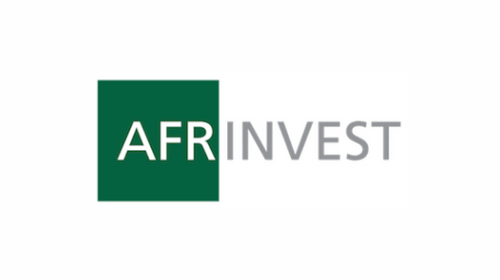The Federal Government’s approved budget for 2025, totalling N54.99 tn, has raised concerns among analysts over a widening fiscal deficit and insufficient capital expenditure, according to an analysis by Afrinvest.
In its report titled ‘Federal Government Approved Budget Analysis’, the budget, which is the largest Nigeria has ever seen in naira terms, allocates N23.96tn to capital expenditure, N13.06tn to recurrent non-debt expenditure, and N14.32tn to debt servicing and sinking funds. However, with a projected revenue of only N36.35tn, the budget is set to run a fiscal deficit of N18.64 tn.
Afrinvest noted that while priority sectors such as security, education, health, and infrastructure receive significant allocations, “the Federal Government aims to spend less than 12 per cent of its budget on health and education combined,” a move that some experts say is insufficient for the country’s development needs.
The report highlights concern about the budget credibility, noting “the perennial issues of low budget credibility and relatively high implementation of recurrent expenditure compared to low implementation of capital expenditure”.
The analysis also points to broader economic challenges affecting budget execution, including “a looming trade war between the US and China and the resultant fall in global oil prices”. Internally, Nigeria’s weak institutions, rising inflation, and persistent fiscal deficit are likely to hamper effective budget implementation.
According to the report, the budget process itself faced delays, with the 2025 budget passed nearly two months later than the previous year, raising questions about governance and fiscal discipline.
Afrinvest further criticised the budget amendment process, stating, “The increase brought the total size of the 2025 budget proposal to a whopping N54.2tn.
Not to be outdone, the National Assembly expanded the final amount to N54.99tn, which is N19.9tn larger than the 2024 budget and 16.27 per cent of the estimated 2025 GDP.” The report describes the amendments as deviating from established budgetary procedures and potentially violating the Fiscal Responsibility Act.
On key economic assumptions underpinning the budget, Afrinvest describes the government’s optimistic oil production target of 2.06 million barrels per day as “highly optimistic” given past performance and ongoing sector challenges.
With inflation targeted at 15 per cent and exchange rates cautiously pegged between N1,500 and N1,650 to the dollar, the report notes the need for steady monetary policy and improved fiscal management.
Afrinvest noted that “the Federal Government needs to tackle its internal challenges, including weak institutions that impede the effective implementation of the budget, revenue growth, high inflation, and an increasing fiscal deficit”, warning that without addressing these issues, “the ambitious 2025 budget risks falling short of its objectives.”
The PUNCH reported that the World Bank has described Nigeria’s 2025 federal budget as overly ambitious, warning that the Federal Government may be forced to turn to the Central Bank of Nigeria’s Ways and Means facility to finance likely revenue shortfalls.















